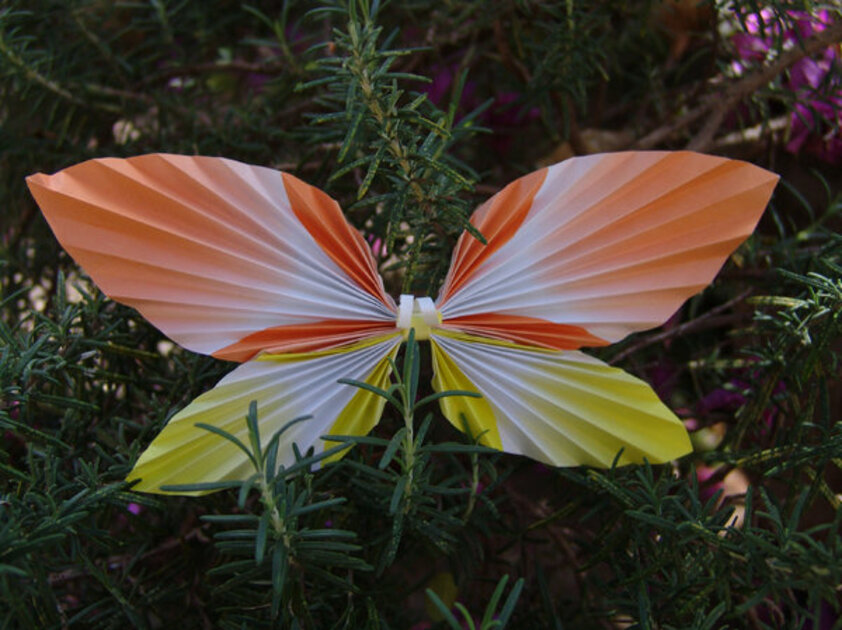
Our Gemara on Amud Aleph mentions that the prayer of Mashiv Haruach is Referred to as invoking the might of rain, because rain comes with might, “gevurahæÇ in Hebrew. What are they really saying?
The simple explanation is based on Ramban (Bereishis 7:17-18) that the Hebrew word “gevurah” connotes a flooding, overwhelming strength or presence. Thus the word Gibor in l’shon kodesh doesn’t translate as in modern Hebrew to a Hero or strong man, but rather an overwhelming presence of energy. Ramban points to the passage in Tehilim (90:10), “those who are “gevuros” live to age 80”, meaning to say, not those who are strong but those whom have an overwhelming flood of life force.
Be’er Mayyim Chayyim (Devarim 31:1) ponders how rain, which is such a force of blessing and life, can come from the middah of gevurah, which represents harshness and Middas Hadin. He says that actually within the pattern of Gevurah is chessed, and prayers zechuyos that change the Middas hadin into Middas HaRachamim, tap into and channel the raw strength of the flooding powerful rain into a source of blessing.
The idea that the ultimate blessing and kindness is contained within the force and strength of din is found in other Jewish sources. For example, the Gemara Megillah (17b) tells us that the blessing of redemption is the seventh blessing in Shemoneh Esre because the maschiach will come in the “seventh year”. The Gemara asks, but actually the tradition is that war and travails will occur in the seventh year, with the Mashiach only arriving at the beginning of the eight year. The Gemara answers that the war itself is ææˆæææˆæ ææææææ the beginning of the redemption.
What psychological meaning shall we make of the idea that the seeds of redemption are within the suffering, and the seeds of the chessed and kindness are within the flooding and power of the rain? We must contend with the ultimate unity of everything, since everything comes from God. Thus every middah really has all the Middos folded inside. This is certainly true for God but likewise true for human psychology as man is made in God’s image, especially in areas of spirit and intellect (see Psychology of the Daf, Rosh Hashana 24). This also is similar to the idea that the cure comes from within the disease. We discussed that pattern as well in Psychology of the Daf Succah 41. Patterns within nature and human nature are important to recognize, because we do not fight patterns, rather we harness them and use them appropriately. One does not fight the waves of the ocean, instead one tries to use them and even ride and surf them.

 Previous
Previous
